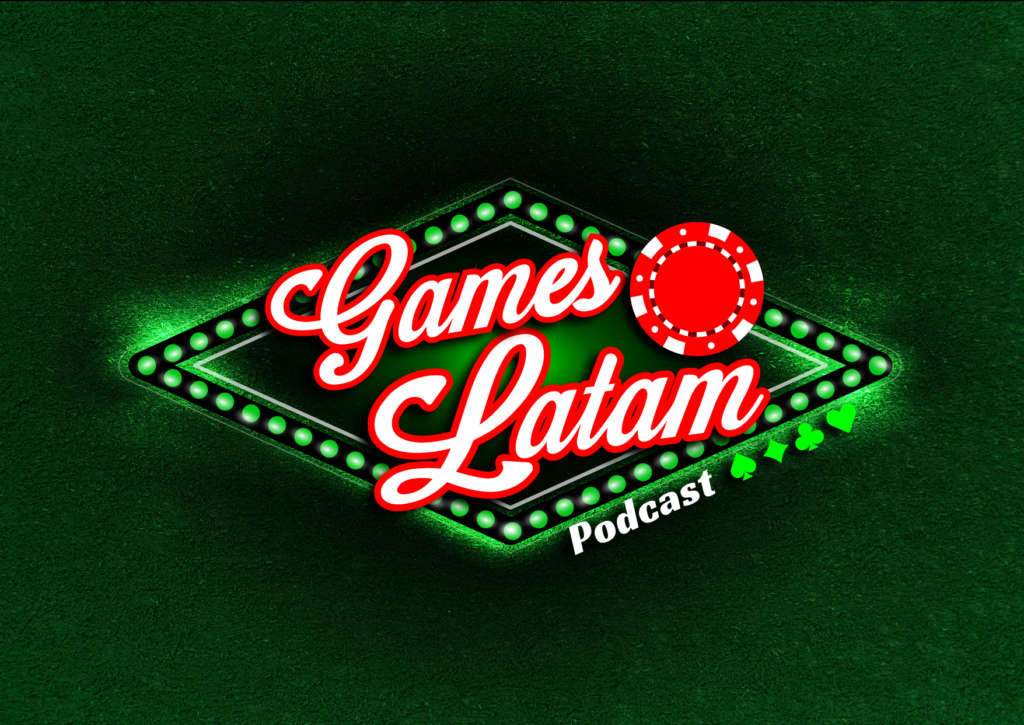Brazil is the new frontier for Las Vegas casinos, and industry giants are betting big on its potential. With $17 million already invested, MGM and Caesars are leading the charge, eyeing both online and physical casino markets. Brazil’s ongoing regulatory changes could soon allow land-based casinos, paving the way for significant economic growth. Discover how these global casino brands are strategically positioning themselves for Brazil’s next gambling boom.
Las Vegas Casinos Eye Brazil for Expansion Amid Growing Online and Land-Based Market Potential
Las Vegas casino giants are setting their sights on Brazil, betting on its rapidly growing gambling market. With an impressive $17 million already invested in the country’s online betting sector, companies like MGM Resorts, Caesars Entertainment, and Hard Rock are preparing for a major expansion. The allure of Brazil lies not only in its thriving online gambling scene but also in the potential legalization of land-based casinos.
MGM Resorts has taken a substantial step by investing R$54.25 million ($10 million) into BetMGM, a joint venture with Grupo Globo. This move is part of MGM’s broader strategy to introduce the “authentic Las Vegas betting experience” to Brazilian players. Meanwhile, Caesars Palace has secured a license from Loterj to operate in Rio de Janeiro and is expanding its physical presence by constructing a new headquarters in Americana, São Paulo.
These investments are more than just a gamble; they represent a calculated approach to test Brazil’s market dynamics and build brand recognition. Brazil’s unique regulatory environment, where online betting is legalized before physical gambling, offers a lucrative opportunity for these casino giants to explore new market segments.
Caesars Sportsbook Brazil President André Feldman emphasized the company’s plans to enter the physical gambling market if Brazil regulates land-based casinos. “For us, physical gambling is a natural path we will pursue if regulated in Brazil,” he stated. Caesars has already started expanding its team in São Paulo, hiring 28 employees with plans to grow to 100.
The Brazilian Congress is currently debating a bill to regulate various forms of gambling, including “jogo do bicho,” horse racing, and casinos. Senate Bill No. 2,234 of 2022 aims to provide a comprehensive framework for land-based casinos, allowing up to three casino resorts in populous states like São Paulo. States with large territories, such as Amazonas, or with populations between 15 and 25 million, like Minas Gerais, could permit up to two casinos. Other states and the Federal District would be limited to one casino resort each.
Companies are gearing up for this potential regulation. Hard Rock Cafe‘s Vice President for Latin America, Alex Pariente, highlighted the significance of Brazil’s market, stating, “It would be gratifying to bring our brand into this sector when the opportunity arises.” The economic impact of regulated land-based gambling could be substantial. Carlos Henrique Sobral, National Secretary of Infrastructure, Credit, and Investments at the Ministry of Tourism, estimated the casino industry could create over 650,000 jobs and generate R$74 billion ($13.6 billion) in revenue. Furthermore, tourism’s contribution to Brazil’s GDP could increase from 8% to 9.2%.
However, the prospect of expanding gambling has raised concerns. Psychiatrist Rodrigo Machado warned about the addictive nature of slot machines, which can stimulate the brain’s pleasure pathways more intensely than traditional lottery games. Opponents of the bill, including Senator Eduardo Girão and evangelical groups, argue that the social risks of expanded gambling must be carefully considered.
Despite these concerns, the bill has garnered support from key figures across Brazil’s political spectrum, including members of both the Workers’ Party and the far-right Liberal Party. If the legislation passes, casino resorts will be allowed to operate for 30 years, with an option for renewal, providing a long-term foundation for market stability.
MGM Resorts, founded in 1986, currently holds a market value of $11.65 billion. Caesars Entertainment, operating since 1937, boasts a market value of $9.05 billion. Hard Rock Cafe, established in 1971 and privately owned by the Seminole Tribe of Florida, views Brazil as a key market for its expansion.
As Brazil inches closer to regulating land-based gambling, Las Vegas casino giants are positioning themselves to capitalize on this massive opportunity. The combination of a thriving online betting sector and the potential legalization of physical casinos creates a unique market dynamic that these companies are eager to explore. While concerns about gambling addiction and social risks exist, the economic benefits and job creation potential could tip the scales in favor of regulation. With significant investments and strategic partnerships already in place, MGM, Caesars, and Hard Rock are poised to shape the future of Brazil’s gambling industry.
The post Las Vegas Casinos Target Brazil’s Expanding Online Markets appeared first on Gamingo News.
Brazil is the new frontier for Las Vegas casinos, and industry giants are betting big on its potential. With $17 million already invested, MGM and Caesars are leading the charge, eyeing both online and physical casino markets. Brazil’s ongoing regulatory changes could soon allow land-based casinos, paving the way for significant economic growth. Discover how
The post Las Vegas Casinos Target Brazil’s Expanding Online Markets appeared first on Gamingo News.
Participe da IGI Expo 2026: https://igi-expo.com/












